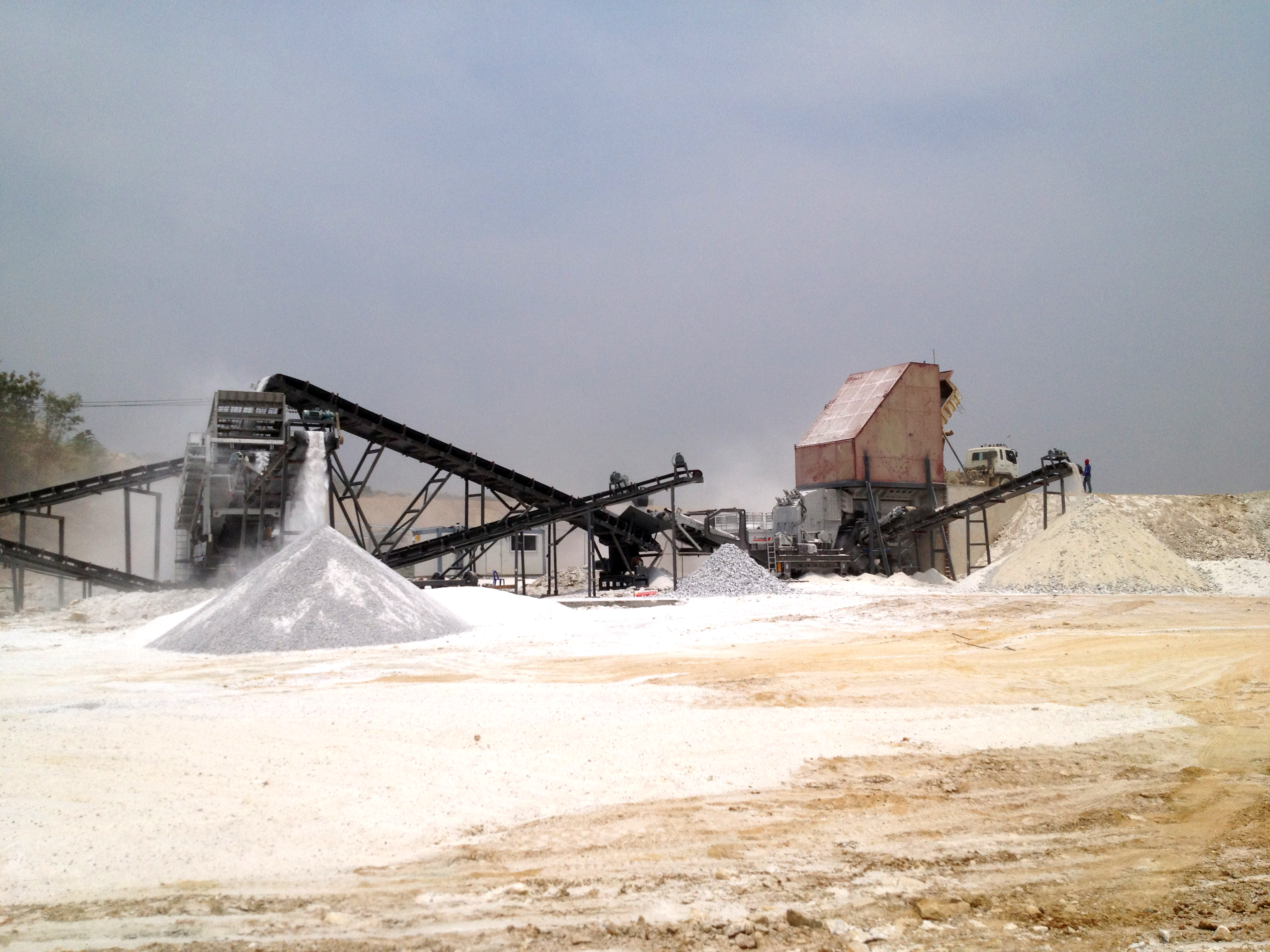The Lifting Equipment Landscape in Nigeria: Powering Industrial Growth
The Nigerian industrial sector is a dynamic and rapidly evolving landscape, characterized by massive infrastructure projects, a bustling oil and gas industry, and a growing manufacturing base. At the heart of this industrial activity lies a critical component: lifting equipment. From the towering cranes reshaping the skylines of Lagos and Abuja to the intricate hoists within manufacturing plants, these machines are the workhorses of national development. The market for lifting equipment in Nigeria is as complex as it is vital, reflecting both the immense opportunities and the significant challenges inherent in the country’s economic environment.
Market Drivers and Key Sectors
The demand for lifting equipment is intrinsically linked to key sectors of the Nigerian economy. The most prominent driver is the construction industry. Ongoing and planned projects—such as new airport terminals, road networks, railway lines, and commercial real estate—create a consistent need for a wide range of cranes, including mobile, tower, and crawler cranes. Furthermore, the oil and gas sector, despite its volatility, remains a major consumer of highly specialized and safety-critical lifting gear. Platforms, refineries, and fabrication yards require robust equipment like overhead cranes, forklifts, and winches designed to handle heavy loads in potentially hazardous environments.
Other significant sectors contributing to market growth include:
- Logistics and Warehousing: The expansion of e-commerce and port operations fuels demand for forklifts, stackers, and pallet jacks to manage goods efficiently.
- Power Generation: The installation and maintenance of turbines and other heavy components in power plants necessitate the use of large-capacity cranes.
- Manufacturing: Assembly lines and production facilities rely on overhead cranes, gantries, and jib cranes for material handling.
A Diverse Market of Suppliers
The supply chain for lifting equipment in Nigeria is multifaceted. It is dominated by international brands with established reputations for quality and reliability. Companies like KONE Cranes, Terex Cranes, Liebherr, and Toyota Material Handling have a strong presence, often through local distributors and dealers who provide sales, maintenance, and parts support. These distributors are crucial as they bridge the gap between global manufacturers and the local market’s specific needs.
The market also features a segment for used or refurbished equipment. This sector caters to small and medium-sized enterprises (SMEs) that may find the capital outlay for new machinery prohibitive. While this offers a cost-effective entry point, it underscores the importance of rigorous inspection and certification due to safety concerns. Additionally, there is a growing niche for locally fabricated equipment such as basic gantries and winches; however these are typically suited for lighter-duty applications.
Persistent Challenges in Operations
Operating lifting equipment in Nigeria is not without its hurdles. One of the most significant challenges is infrastructure. Poor road conditions can severely hamper the transportation of large cranes to project sites. Unreliable power supply often forces companies to depend on generators to operate electrically-powered hoists and cranes at workshops or indoor facilities..jpg)
A second major challenge revolves around skilled labor. There is a notable shortage of certified crane operators, riggers, and maintenance technicians. This skills gap poses serious safety risks on job sites.
Thirdly,the issue of after-sales service can be problematic.Securing genuine spare parts quickly can be difficult,and delays in technical support can lead to extended equipment downtime,costing businesses significant time,money,and productivity.Finally,navigating port congestion,customs clearance,and complex regulatory standards from bodies like the Standards Organisation of Nigeria (SON) adds another layer of complexity to importing equipment.
The Critical Importance of Safety Standards
In an industry where failure can be catastrophic,the adherence to safety standards cannot be overstated.The Nigerian government through agencies like SON has been working to enforce stricter regulations on equipment certification,inspection,and operator training.Regular Load Testing (LOLER)and thorough examination by competent persons are becoming non-negotiable requirements for reputable companies.
A strong safety culture involves investing in modern equipment with advanced safety features,frequent training programs,and meticulous record-keeping.Companies that prioritize safety not only protect their workforce but also enhance their operational efficiency by minimizing accidents that cause project delays,fines,and reputational damage.In an increasingly competitive market,a proven safety record has become a key differentiator when bidding for major contracts.
The Future Trajectory: Technology & Localization
The future of Nigeria’s lifting equipment industry points towards greater technological adoption.Equipment with IoT sensors for predictive maintenance,fleet management software,and advanced operator assistance systems will gradually become more prevalent.This technology helps optimize usage,predict failures before they occur,and improve overall site safety.Moreover,there is potential growth in specialized rental services offering flexible access to high-end equipment without substantial capital investment,a model particularly attractive given economic fluctuations.
A promising long-term trend is increased local assembly or manufacturing.As industrial capacity grows,policies encouraging local content may spur investments in assembling certain types of lifting gear.This would reduce import dependency,cut costs,and create technical jobs.In conclusion,the lifting equipment sector in Nigeria stands at a pivotal juncture.Balancing robust demand with operational challenges requires strategic partnerships,a relentless focus on safety,and an openness to technological innovation.As Nigeria continues its path toward industrialization,the machines that lift its heaviest loads will undoubtedly play an indispensable role in building its future.




